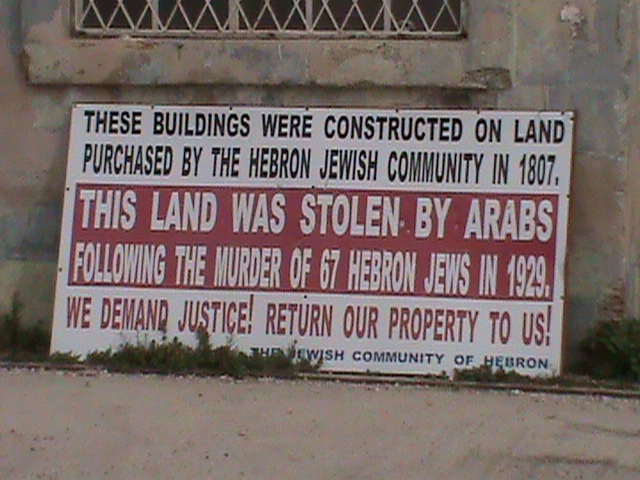Tag: Settlers
-
When it is illegal to use your front door: Freedom of movement in Al Khalil
by Andreas 23 February 2012 | International Solidarity Movement, West Bank Al-Khalil (Hebron) is a divided city. As a result of the Oslo agreements negotiated in the 1990s – the people of Al Khalil became familiar with two new terms – H1 and H2. H1 refers to 80% of the city, which is officially under…
-
Al-Aqsa Mosque and its surrounding area attacked 100 times during 2011
22 February 2012 | Middle East Monitor A study conducted by Al-Aqsa Foundation for Endowment and Heritage in Israel has revealed that Al-Aqsa Mosque and its surrounding area has been subjected to around 100 attacks and violations in 2011 alone. The study noted that the attacks varied between physical attacks and plots which pose threats…


